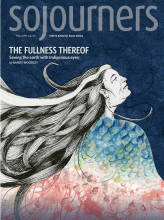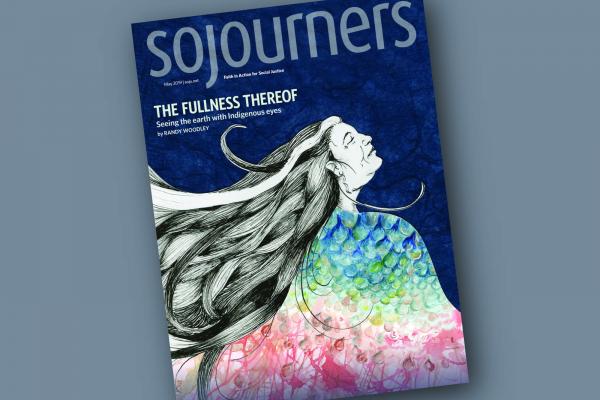MAYBE YOU’VE HEARD a land acknowledgement at a conference, sporting event, or worship service. These brief statements name the Indigenous territory on which an event takes place, a small sign of respect to the people who stewarded this land for millennia and whose deep relationship to the land continues today. For any of us who’ve settled on that land, these statements are intentionally unsettling, a way “to counteract the ideologies operating in the Doctrine of Discovery by naming that the land was not empty when Europeans first arrived,” as one group of Canadian churches put it.
But land acknowledgements become trite—an easy checkmark in the social justice box—if they are not part of ongoing relationships with local Indigenous communities. These relationships must include settlers being quiet and listening to some hard truths from Indigenous people about history, responsibility, and reparations.
Read the Full Article

